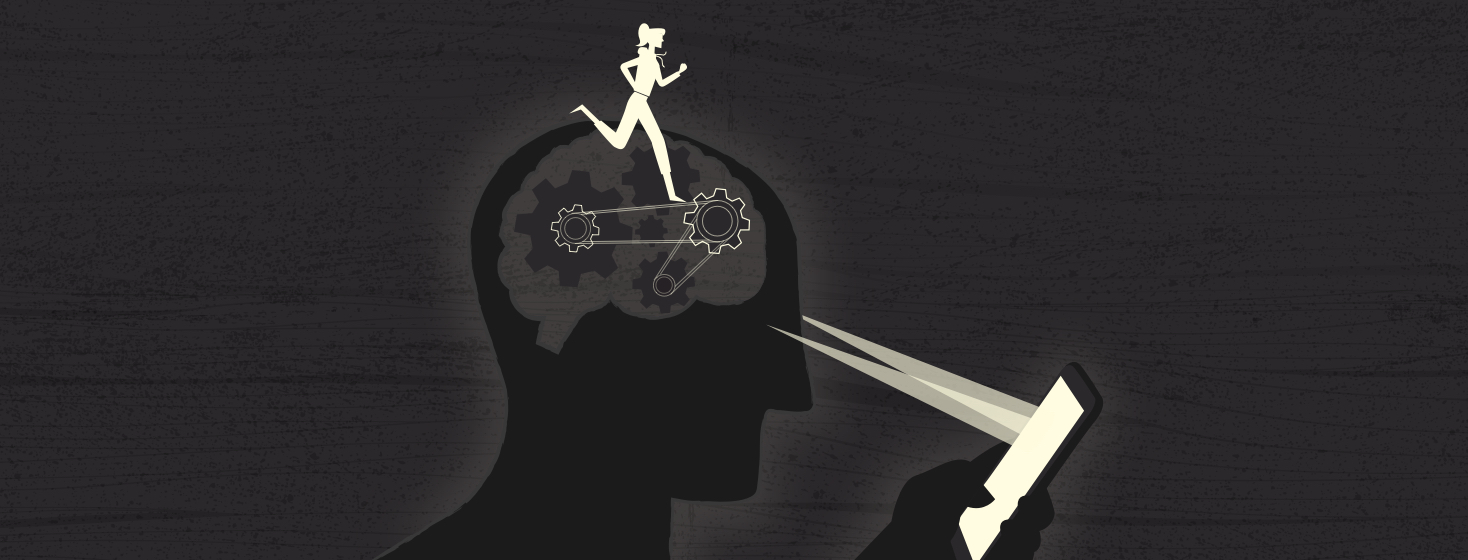Treat Your Brain Like a Muscle, Exercise It Often
I used to pride myself on having a memory like a steel trap. I didn’t need to make lists or create calendar notifications for birthdays. The chocolate chip banana bread that I’ve been making for years, I could make by memory. That slowly began to change once I began taking the Aromatase Inhibitor, Exemestane. I thought cancer might have reached my brain, but then my oncologist explained it was more likely related to my medication.
"Chemo brain" from advanced breast cancer treatment
An estimated 50 percent of women with breast cancer experience a cognitive decline during treatment. Those that complete treatment may continue to experience issues for years after. 1
This type of decline is commonly referred to as "chemo brain." In addition to memory issues, patients have experienced issues with concentration, word recall, and fatigue.
My symptoms
I am taking a combination of medications, both cancer, and non-cancer related, that is the perfect storm for maximum chemo-brain impact. My personal symptoms include but are not limited to, memory issues, trouble finding words during conversations (that’s a fun one), shortened attention span, and fatigue. The two that bother me the most are not being able to recall words and general memory issues. I don’t know if it’s truly helping or if it’s a placebo for my personal peace of mind, but I have found a few things to exercise my brain.
Games that I use to help my "brain fog"
- Uncrossed - A word puzzle game with over 3,000 challenging word puzzles. Each game has a different amount of words to figure out based on the scrambled letters provided in wheel below. 3, 4, 5, 6, and 7 letter words. As you move through the levels, they become more challenging.
- Sea Hero Quest - Unlike most brain games, this one does come to an end, but what drew me to this one is that it was developed by scientists from University College London, University East Anglia, and folks at Alzheimer’s Research. You are navigating a boat with the goal of finding the Sea Monster. The game gives you one look at the map to remember your path, and then off you go. Not only are you working your brain, but you’re also assisting with the development of new treatments for dementia patients.2
- Jigsaw Puzzle - Any jigsaw puzzle app is fine. I use a free puzzle app. I can choose the number of pieces to play - 4-400. They have different themes to choose from so I never get bored. The pieces are randomized, making every game different. Packs can be downloaded making them available offline when wifi is not accessible.
- Peak - Brain Training - Designed by Cambridge University, the purpose of this game is to improve focus. Forty unique games all developed by neuroscientists and game experts. Tracks your progress and lets you know where you need more help. This is challenging as well as fun.3
Each of these games are apps that I play on my iPhone and are free. They are my personal choices. I have not been asked to nor am I being compensated for mentioning any one particular app. There are tons of others available to choose from that may be better for you. Check your Android or iPhone app store!

Join the conversation